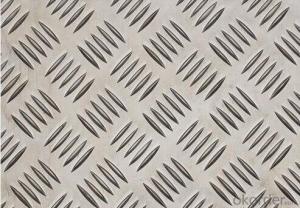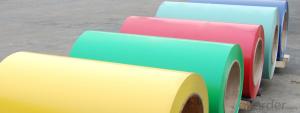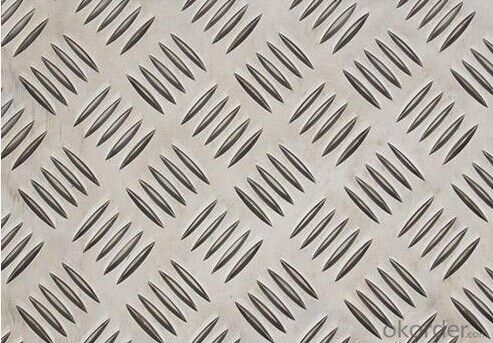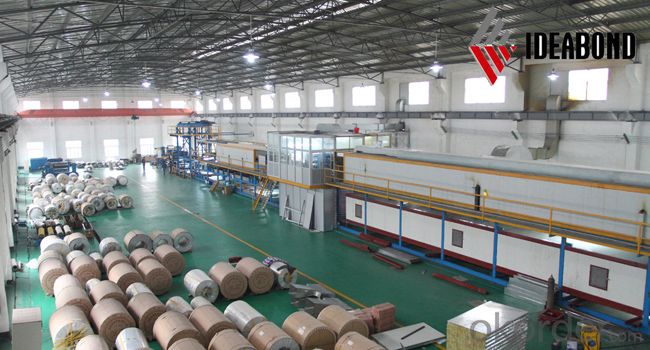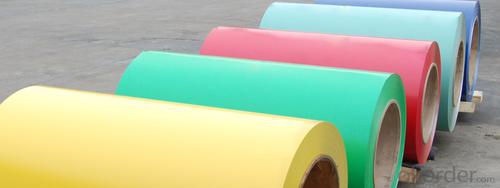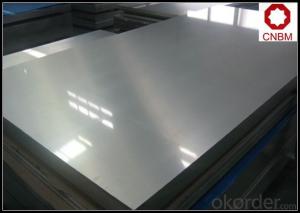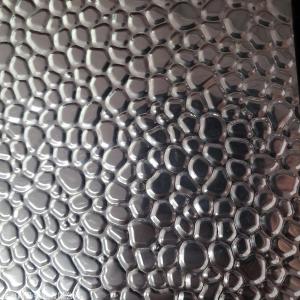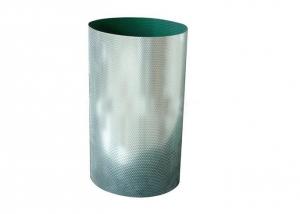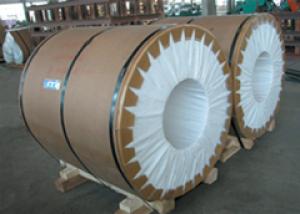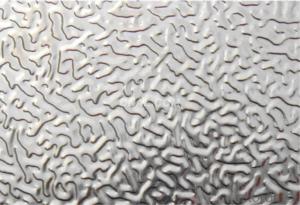2mm Coated Stucco Embossed Flat Wound Aluminum Coil Wire
- Loading Port:
- Shanghai
- Payment Terms:
- TT OR LC
- Min Order Qty:
- 20 m.t.
- Supply Capability:
- 700000 m.t./month
OKorder Service Pledge
Quality Product, Order Online Tracking, Timely Delivery
OKorder Financial Service
Credit Rating, Credit Services, Credit Purchasing
You Might Also Like
supply Mill-finished / coated aluminum sheet/ coil:
Alloy: AA1050,1060,1100,1200,2024,3003,3304,3005,3015,5052,5086,5754,5083,6061,7050,7475,8011, etc
Temper: O, H14/16/18/22/24/32/ H112/H321/T6,T851,T7451,T7351, etc
Thickness: 0.02mm—20mm
Width: 100mm—2000mm (Can be slitted)
Notice: PE coating / PVDF coating / Embossment can be done if required.
- Q: Guangdong where there are professional to do around the paper corner, is packing steel coil, aluminium coil that protect the edge of the both ends of the cylinder. Just the kind of picture.
- Guangdong Province, professional Foshan recommended edgeboard around Foshan Ansheng packaging. They are very professional in their circle, L shaped, and curved corners.
- Q: I would like to know why the ionic substance aluminium oxide doesn't dissolve in water.
- Aluminium gives away 3 electrons, and two aluminium atoms are combined with 3 oxygen atoms, the charge is just to great for it to gracefully dissolve.
- Q: If so why does an aluminum bend or get nicked or break quickly?
- NO! You should ask yourself why Tank built with steel rather than using aluminum.
- Q: i have about 100lbs of aluminum blocks and scrap.
- WOW.......they must be worth sum money. Lucky you!!!!!!
- Q: What are the acoustic properties of buildings using aluminum coils?
- Buildings using aluminum coils for their acoustic properties can benefit from enhanced sound insulation and noise reduction. Aluminum coils have good sound absorption capabilities, helping to minimize the transmission of sound waves through walls, ceilings, and other surfaces. Additionally, the lightweight nature of aluminum coils allows for easy installation and can help reduce the overall weight of the building structure.
- Q: Can aluminum coils be used for food storage and processing?
- Food storage and processing can indeed utilize aluminum coils. The multitude of advantageous properties that aluminum possesses is what makes it a popular choice in this field. Its lightweight nature, strength, and resistance to corrosion create an ideal environment for maintaining the quality and freshness of food. Aluminum coils are versatile and can be used to manufacture a wide range of equipment like containers, pans, trays, and foil for food storage and processing. Additionally, the excellent thermal conductivity of aluminum enables efficient cooling and heating of food. Its impermeability to light, moisture, and oxygen is also beneficial in preventing spoilage and contamination. In conclusion, aluminum coils offer a reliable and secure option for food storage and processing needs.
- Q: Is it possible to utilize aluminum coils in the process of water treatment?
- <p>Yes, aluminum coils can be used for water treatment. They are often used in processes such as coagulation and flocculation, where aluminum salts are added to the water to help remove suspended particles and impurities. The aluminum ions react with the particles in the water to form larger, heavier particles that can be more easily settled or filtered out. Additionally, aluminum coils can be part of an electrode system in electrocoagulation processes, where an electric current is used to treat water by generating aluminum ions at the anode. This method is effective for removing various contaminants, including heavy metals, bacteria, and organic compounds.</p>
- Q: What precautions should be taken when operating a welding torch on aluminum coils to ensure safety?
- <p>When using a welding torch with aluminum coils, it's crucial to follow safety measures to prevent accidents and ensure a safe working environment. Always wear appropriate personal protective equipment (PPE), including heat-resistant gloves, safety glasses, and a welding helmet. Ensure the work area is well-ventilated to avoid inhaling fumes. Use a backdraft hood or fume extraction system to capture and remove welding fumes. Keep the work area clean and free of flammable materials. Regularly inspect the torch for any damage or wear. Use the correct type of welding rod for aluminum and ensure the gas supply is compatible with aluminum welding. Never leave a lit torch unattended and always follow the manufacturer's guidelines for safe operation.</p>
- Q: How are aluminum coils used in the production of architectural structures?
- Aluminum coils play a crucial role in the production of architectural structures due to their various advantageous properties. These coils are primarily used in the construction industry for their lightweight, strength, and corrosion resistance. One common application of aluminum coils in architectural structures is in roofing systems. The lightweight nature of aluminum allows for easy installation and reduces the overall load on the building. Additionally, aluminum's corrosion resistance ensures that the roofing system remains durable and long-lasting in various weather conditions. Aluminum coils are also utilized in the fabrication of exterior cladding systems. The coils can be formed into different shapes and sizes, making them suitable for creating unique and visually appealing architectural designs. Furthermore, aluminum's ability to resist corrosion and withstand harsh environmental factors makes it an ideal choice for cladding systems, ensuring the longevity and aesthetics of the structure. In addition to roofing and cladding, aluminum coils are commonly used in the production of windows and doors for architectural structures. The lightweight nature of aluminum makes it easy to handle and install, while its high strength provides structural integrity to these components. Moreover, aluminum's corrosion resistance allows for long-lasting windows and doors that require minimal maintenance. Overall, aluminum coils are an integral part of the production process for architectural structures. Their lightweight, strength, and corrosion resistance make them a preferred choice for roofing, cladding, windows, and doors. By utilizing aluminum coils, architects and builders can create durable, aesthetically pleasing, and sustainable structures that withstand the test of time.
- Q: Are aluminum coils suitable for heat exchanger applications?
- Yes, aluminum coils are suitable for heat exchanger applications. Aluminum is a lightweight and highly conductive material, making it an excellent choice for heat transfer applications. Aluminum coils offer several advantages in heat exchangers, such as high thermal conductivity, corrosion resistance, and ease of fabrication. They are commonly used in various heat exchanger systems, including air conditioning, refrigeration, and automotive applications. Additionally, aluminum coils can be easily formed into different shapes and sizes, allowing for greater design flexibility. Overall, aluminum coils are a reliable and efficient option for heat exchanger applications.
Send your message to us
2mm Coated Stucco Embossed Flat Wound Aluminum Coil Wire
- Loading Port:
- Shanghai
- Payment Terms:
- TT OR LC
- Min Order Qty:
- 20 m.t.
- Supply Capability:
- 700000 m.t./month
OKorder Service Pledge
Quality Product, Order Online Tracking, Timely Delivery
OKorder Financial Service
Credit Rating, Credit Services, Credit Purchasing
Similar products
Hot products
Hot Searches
Related keywords
